VE Day: how World War 2 ended
This year Europe will mark 75 years since the Allies declared victory over Germany
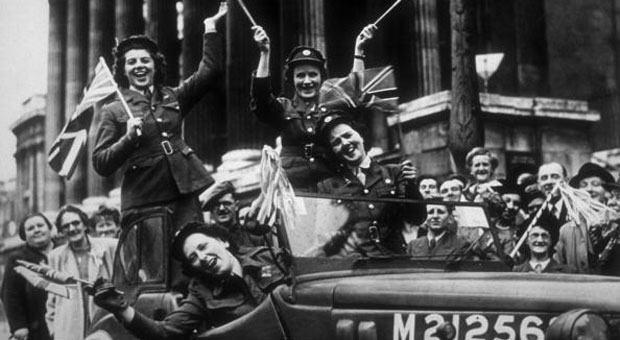
A free daily email with the biggest news stories of the day – and the best features from TheWeek.com
You are now subscribed
Your newsletter sign-up was successful
The early May Day bank holiday has been moved to Friday 8 May in 2020 to mark 75 years since Victory in Europe or VE Day.
The day off was due to fall on 4 May but has been put back to the following Friday to commemorate the day when guns fell silent at the end of the Second World War.
The May Day bank holiday has been moved only once before: it was changed from 1 May to 8 May in 1995 to mark the 50th anniversary of VE Day.
The Week
Escape your echo chamber. Get the facts behind the news, plus analysis from multiple perspectives.

Sign up for The Week's Free Newsletters
From our morning news briefing to a weekly Good News Newsletter, get the best of The Week delivered directly to your inbox.
From our morning news briefing to a weekly Good News Newsletter, get the best of The Week delivered directly to your inbox.
The official website of the 75th anniversary of VE Day states: “Years of carnage and destruction had come to an end and millions of people took to the streets and pubs to celebrate peace, mourn their loved – ones and to hope for the future, but not forgetting those still in conflict until 15th August when it was announced that Japan had surrendered unconditionally to the Allies, effectively ending World War II.”
WWII killed approximately 382,700 members of the British Armed Forces and 67,100 civilians, according to the Royal British Legion, as well as tens of millions more from other countries.
So how did it end?
The war in Europe between the Allied and Axis powers reached its endgame in April 1945. In the space of just one month, Vienna fell to Soviet troops who then entered Berlin; Italian dictator Benito Mussolini was killed by Italian guerrilla fighters, which led to the surrender of German troops in Italy; US forces rescued 32,000 survivors from the Dachau concentration camp; and Adolf Hitler committed suicide in his underground bunker in Berlin.
A free daily email with the biggest news stories of the day – and the best features from TheWeek.com
After the Third Reich submitted to Western and Russian demands, Germany’s unconditional surrender was signed at 2.41pm on 7 May in Rheims. The following day, now known as VE day, marked the official end of Hitler’s war in Europe. “With it came the end of six years of misery, suffering, courage and endurance across the world,” writes war historian Gary Sheffield for the BBC.
However, the war continued to rage in the Far East. In early August, the US dropped atomic bombs on Hiroshima and Nagasaki, killing at least 100,000 people. Japan surrendered soon after, but the surrender documents were not signed until 2 September 1945, on the deck of the USS Missouri, officially marking the end of the war.
How did Britain react to VE Day?
At 3pm on 8 May, Churchill delivered the message the nation had been waiting for: the war was over. “We may allow ourselves a brief period of rejoicing; but let us not forget for a moment the toil and efforts that lie ahead. Japan with all her treachery and greed, remains unsubdued,” he said.
After years of austerity and rationing, the people of Britain “badly needed to let their hair down”, says Sheffield. Cheering crowds, many waving flags and dressed in red, white and blue, gathered outside Buckingham Palace to greet the King and Queen and their two daughters, Princess Elizabeth and Princess Margaret, as they stepped out onto the balcony. Spontaneous parties broke out on the streets of London and, by midnight, police estimated that there were upwards of 50,000 people celebrating in Piccadilly Circus, singing and dancing into the night.
But not everyone celebrated, notes the Imperial War Museum. “For those who had lost loved ones in the conflict, it was a time to reflect,” it says, and for many of the widows and widowers the war had produced, the noise and jubilation was “too much to bear”.
The day was also bittersweet for those still serving overseas, including the Allied servicemen fighting in the Far East and those held as prisoners of war. In some cases it took years for troops to return home and it took much longer to rebuild the country and overcome post-war austerity.
-
 How the FCC’s ‘equal time’ rule works
How the FCC’s ‘equal time’ rule worksIn the Spotlight The law is at the heart of the Colbert-CBS conflict
-
 What is the endgame in the DHS shutdown?
What is the endgame in the DHS shutdown?Today’s Big Question Democrats want to rein in ICE’s immigration crackdown
-
 ‘Poor time management isn’t just an inconvenience’
‘Poor time management isn’t just an inconvenience’Instant Opinion Opinion, comment and editorials of the day
-
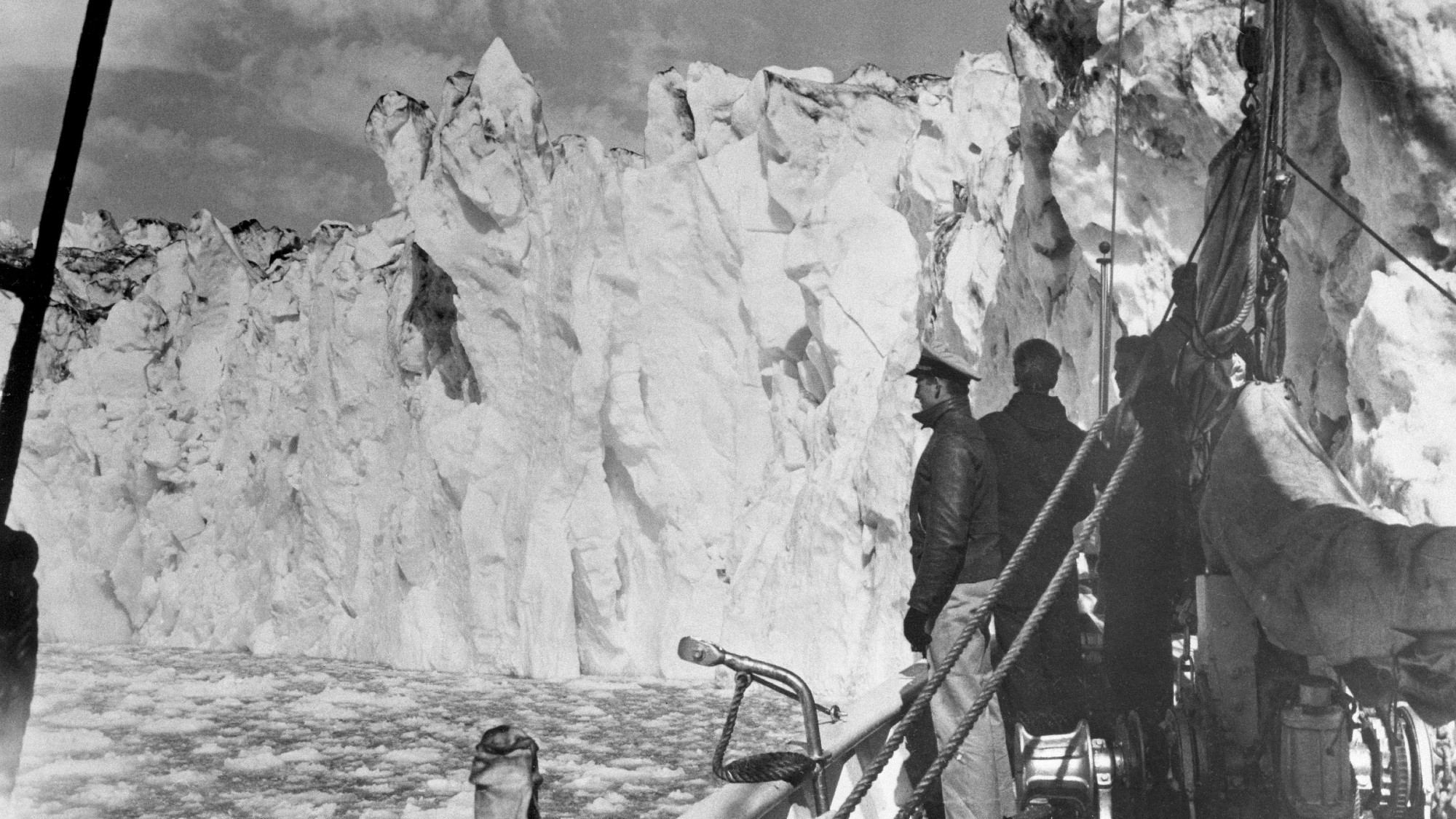 Why Greenland has been a US military stronghold since the Second World War
Why Greenland has been a US military stronghold since the Second World WarIn Depth American interest in acquiring Greenland is rooted in decades of military and economic strategy
-
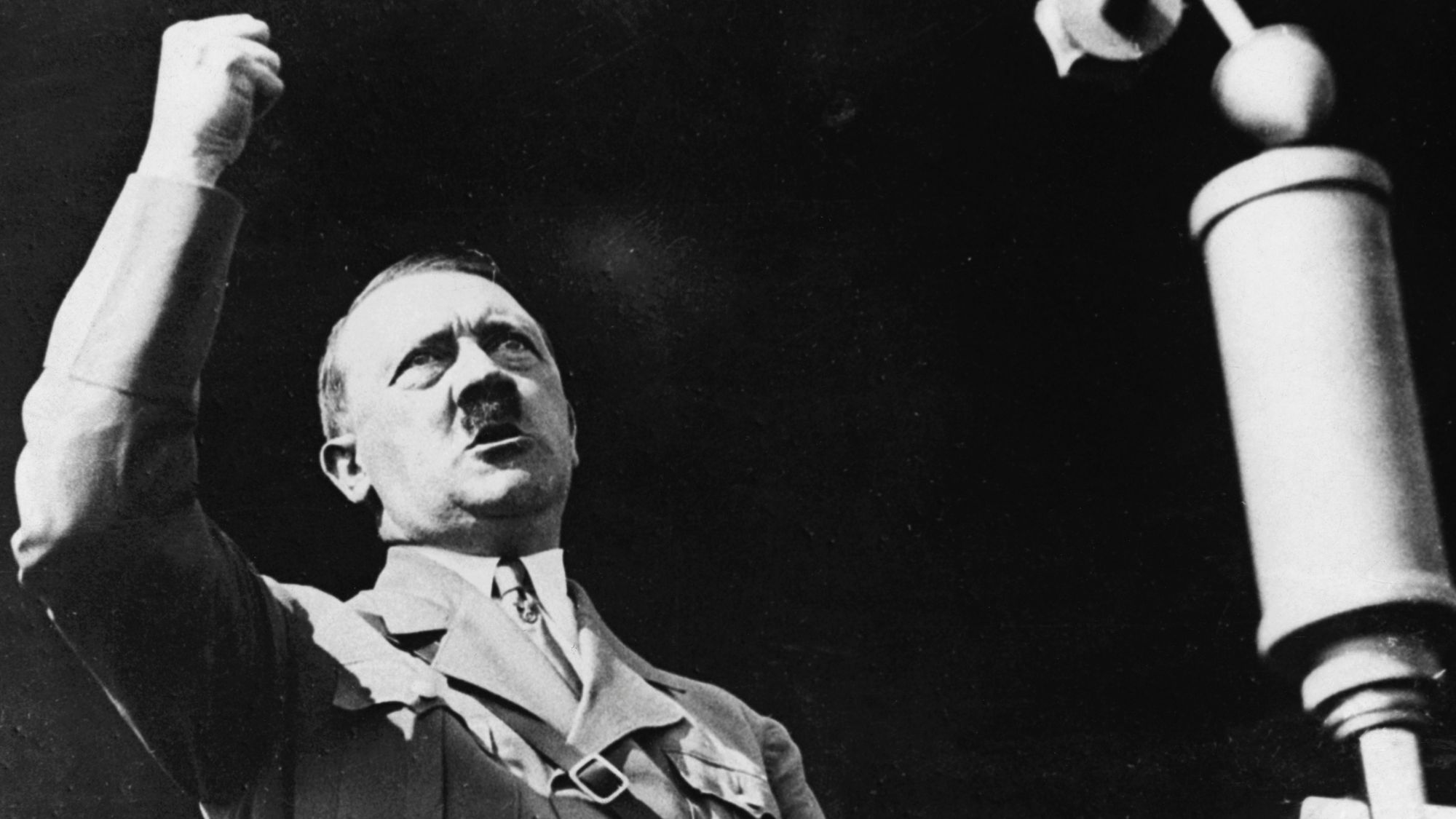 Hitler: what can we learn from his DNA?
Hitler: what can we learn from his DNA?Talking Point Hitler’s DNA: Blueprint of a Dictator is the latest documentary to posthumously diagnose the dictator
-
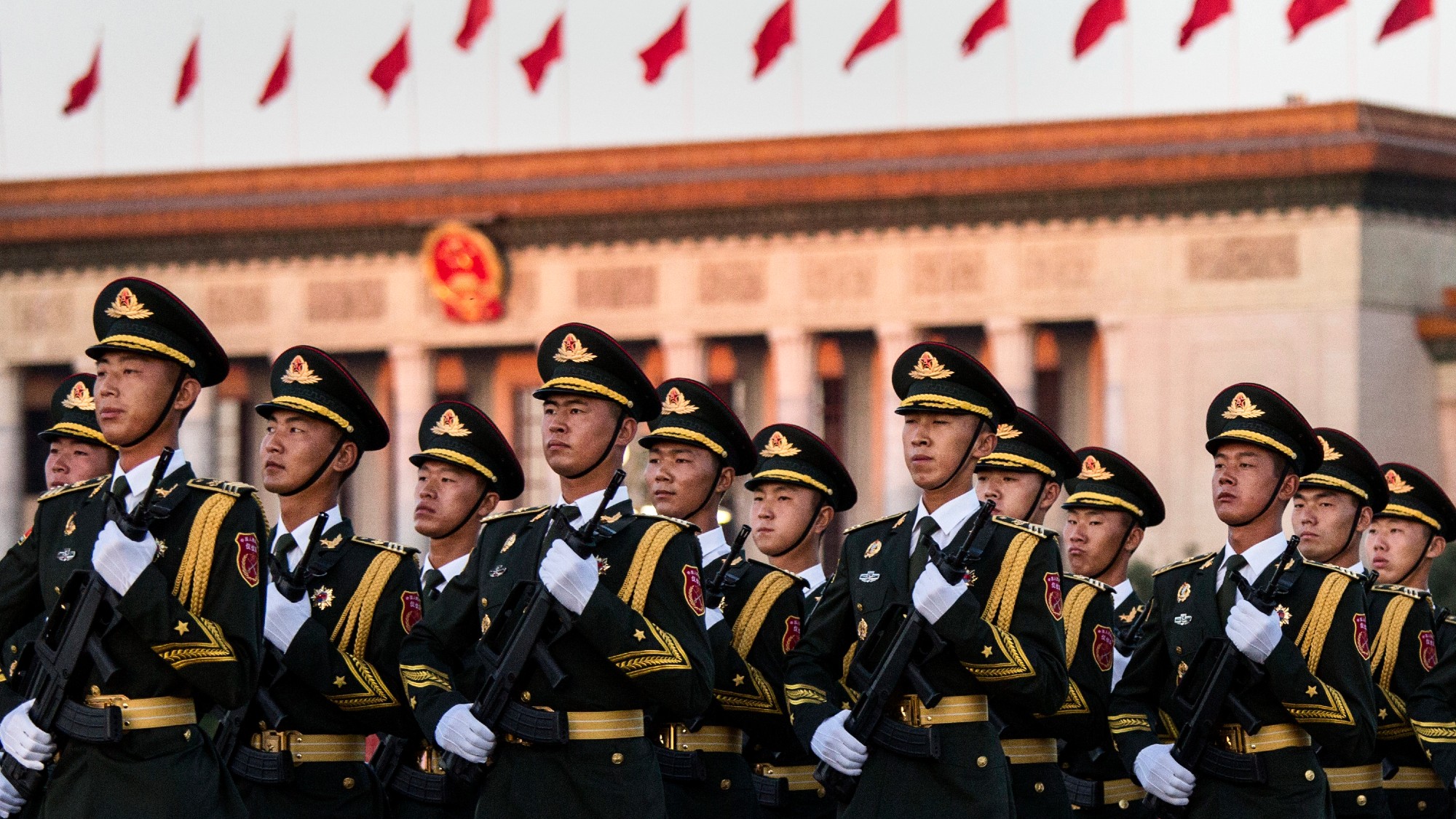 How China rewrote the history of its WWII victory
How China rewrote the history of its WWII victoryIn Depth Though the nationalist government led China to victory in 1945, this is largely overlooked in modern Chinese commemorations
-
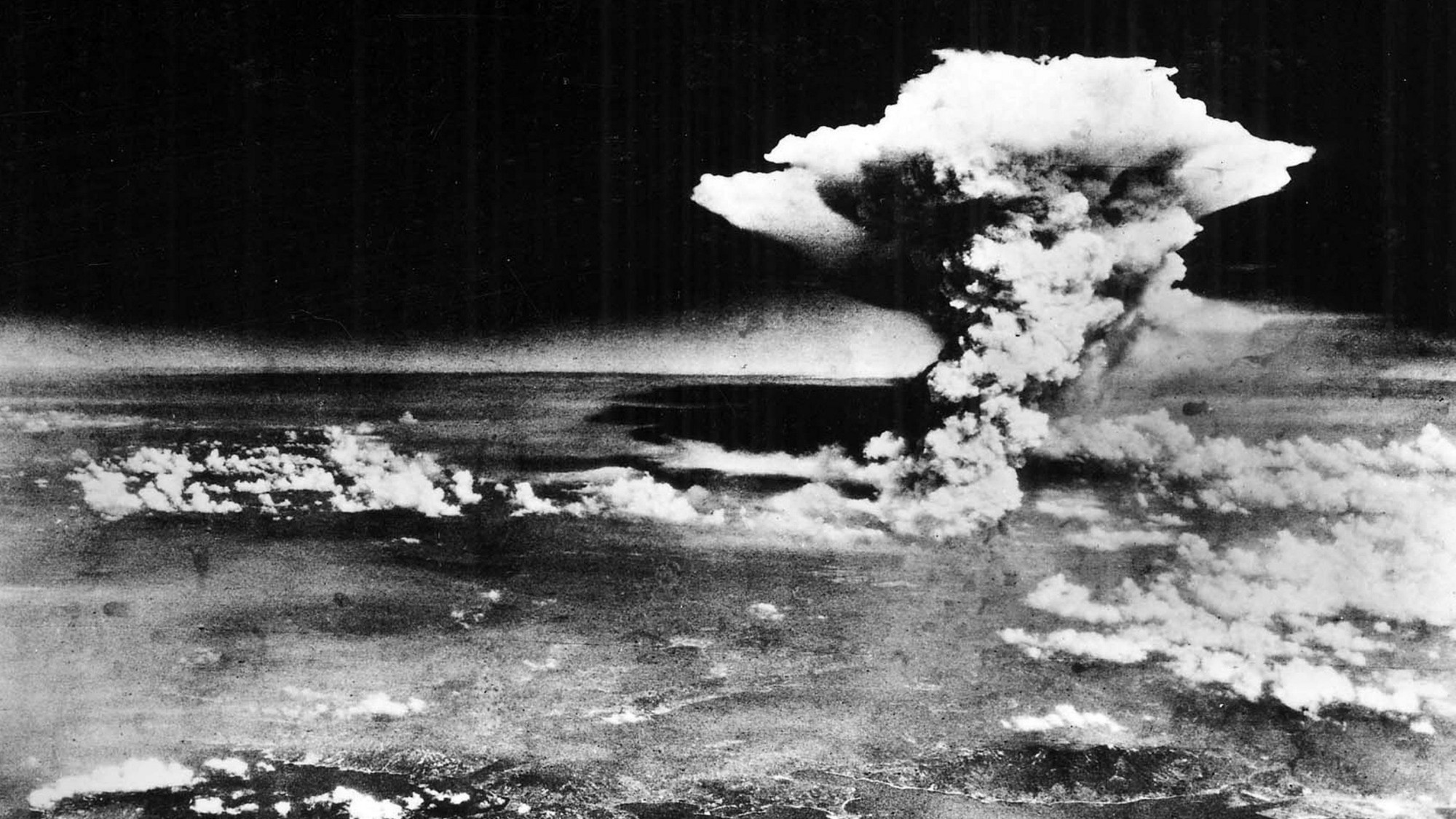 America's controversial path to the atomic bomb
America's controversial path to the atomic bombIn Depth The bombing of Hiroshima followed years of escalation by the U.S., but was it necessary?
-
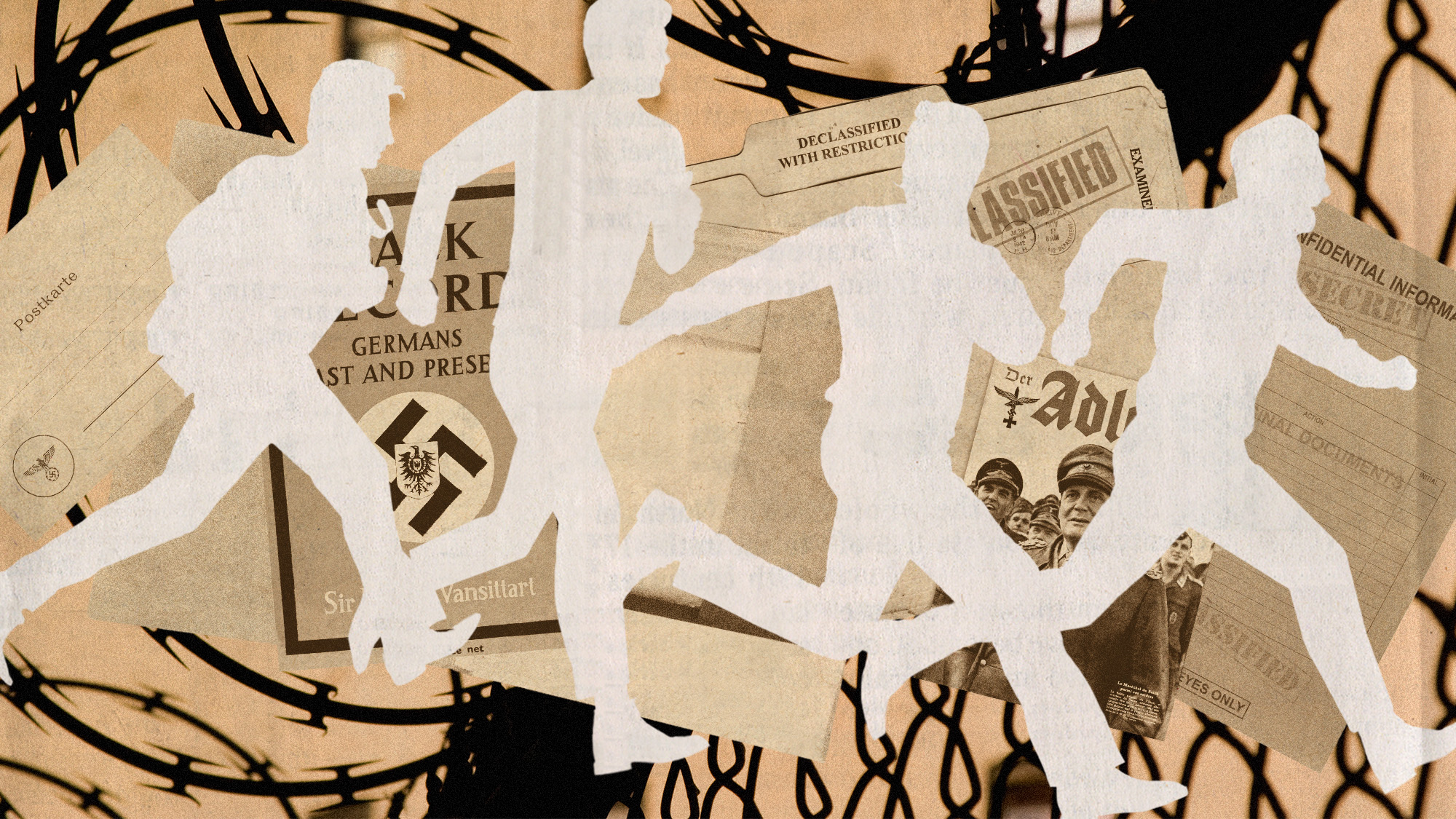 Argentina lifts veil on its past as a refuge for Nazis
Argentina lifts veil on its past as a refuge for NazisUnder the Radar President Javier Milei publishes documents detailing country's role as post-WW2 'haven' for Nazis, including Josef Mengele and Adolf Eichmann
-
 D-Day: how allies prepared military build-up of astonishing dimensions
D-Day: how allies prepared military build-up of astonishing dimensionsThe Explainer Eighty years ago, the Allies carried out the D-Day landings – a crucial turning point in the Second World War
-
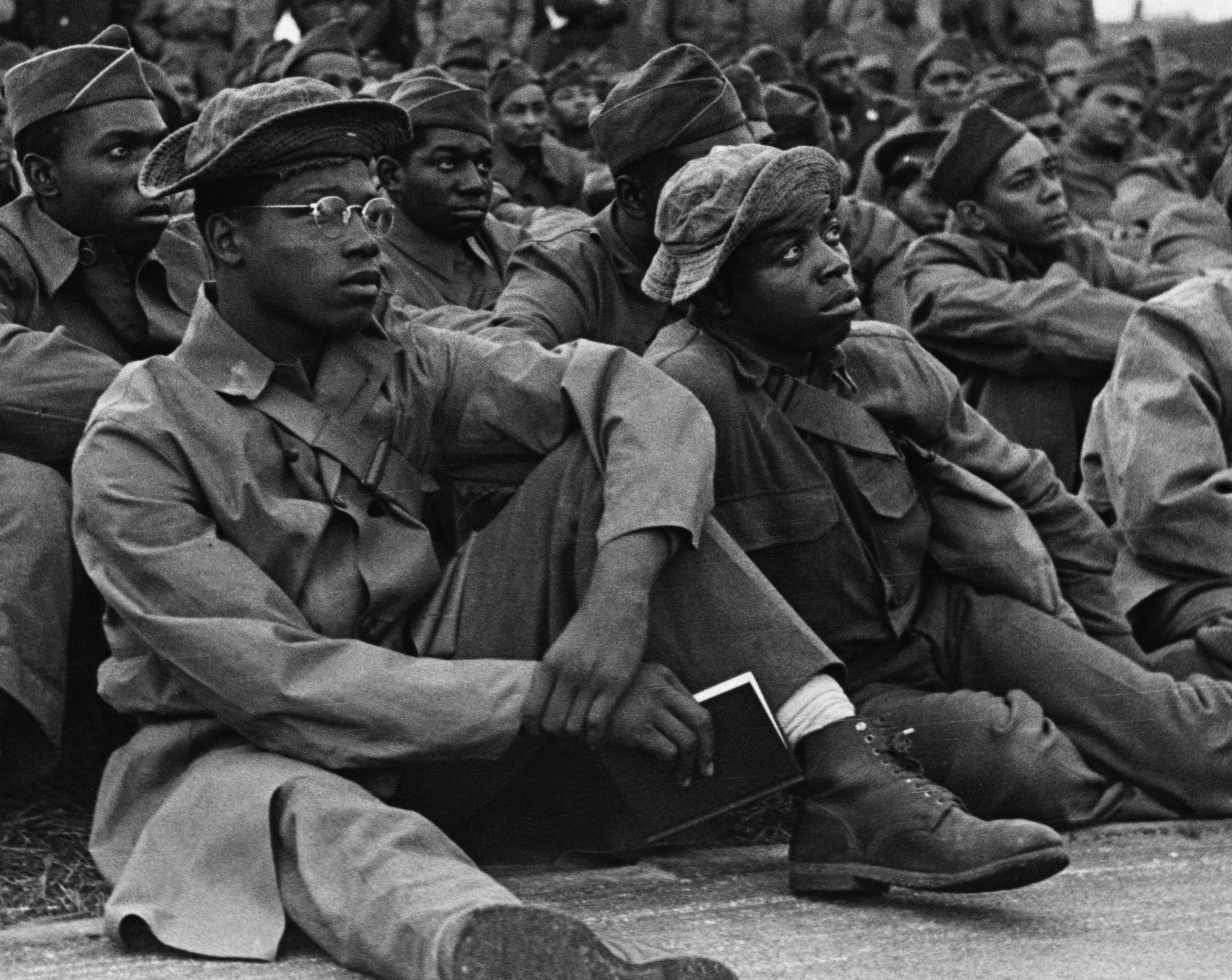 The battle of Bamber Bridge
The battle of Bamber BridgeIn Depth The new Railway Children film draws on a forgotten wartime episode: a skirmish between black and white US soldiers in Lancashire
-
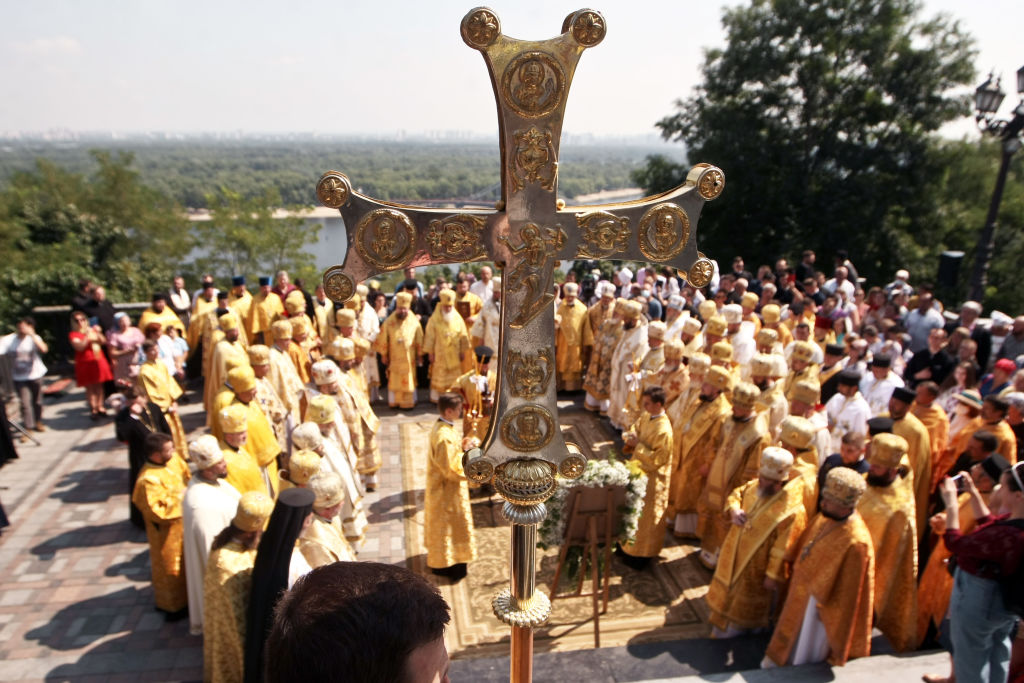 Vladimir Putin’s narrative of Russian victimhood examined
Vladimir Putin’s narrative of Russian victimhood examinedfeature Russian president has repeatedly pointed to his country’s history to justify Ukraine invasion